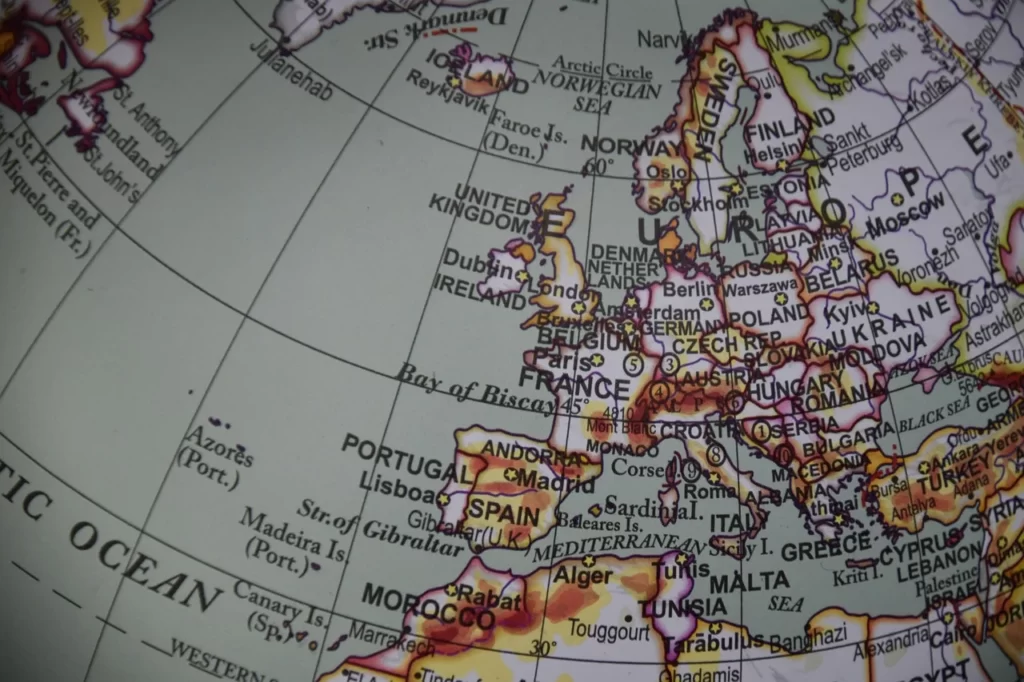The history of Portuguese
The history of the Portuguese language is a captivating journey that reflects the cultural and historical developments of the Iberian Peninsula.
As a Romance language, Portuguese is closely related to Spanish, Italian, French, and other languages that evolved from Latin.
The roots of Portuguese traced back to Vulgar Latin, the everyday spoken language of the Roman Empire.
After the fall of the Western Roman Empire, various Germanic tribes, such as the Visigoths and Suebi, settled in the Iberian Peninsula, bringing their languages and influencing the local dialects.
In the 8th century, the Moors, a Muslim army from North Africa, invaded and established their rule in much of the Iberian Peninsula.
During this period of Muslim rule, which lasted for nearly 800 years, the Mozarabic language developed, incorporating elements of Arabic and Romance languages.
Keep reading about, The history of Portuguese
The County of Portugal, founded in the 12th century, marked the beginning of Portugal’s political identity and linguistic distinctiveness. Consequently, through the consolidation of the Portuguese territory under the leadership of Afonso I (Afonso Henriques), Portuguese was recognized as the official language of the kingdom.
Portuguese explorers, like Vasco da Gama and Pedro Álvares Cabral, embarked on voyages that established maritime routes to Africa, Asia, and the Americas.
As a result, Portuguese spread across vast territories, becoming a global lingua franca for trade and navigation.
Notably, it serves as the official language of Portugal, Brazil, Mozambique, Angola, Cape Verde, Guinea-Bissau, São Tomé and Príncipe, and East Timor.
The history of the Portuguese language stands as a testament to its enduring influence and the cultural connections among the diverse nations that share this linguistic heritage.
As a global language with a rich literary tradition, Portuguese continues to bridge borders and foster communication and understanding among its speakers worldwide.
Keep reading:
Curiosity about the Portuguese language is natural because it’s an interesting language. Moreover, you might wonder how it all began.
Over time, other tribes came and brought their languages, thus influencing how the local people spoke.
So, if you’re curious about Portuguese, that’s great! In conclusion, it’s a language with a rich history and a shiny future, just waiting for you to explore and learn more.
Read more about travel.
Read about tips for travel.
